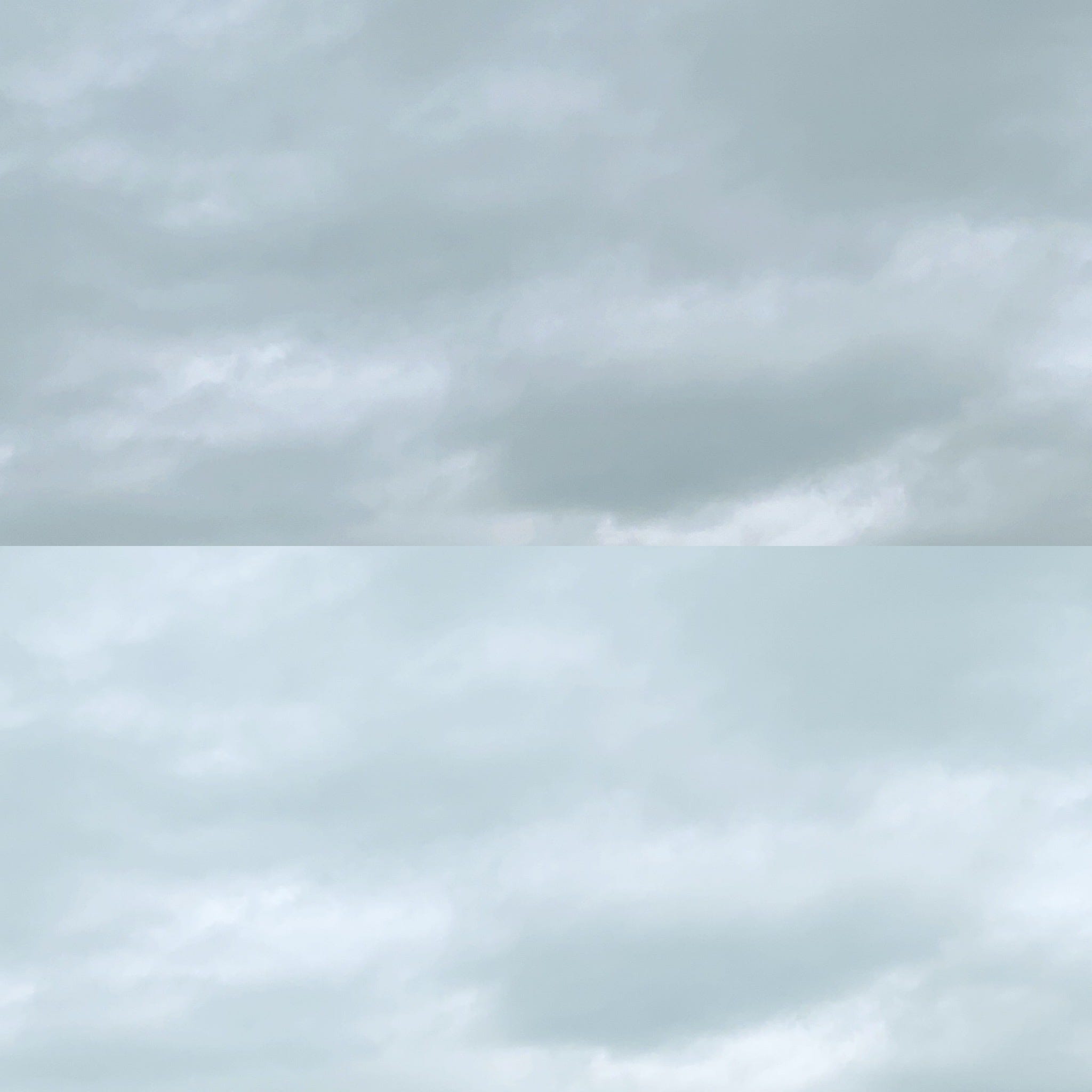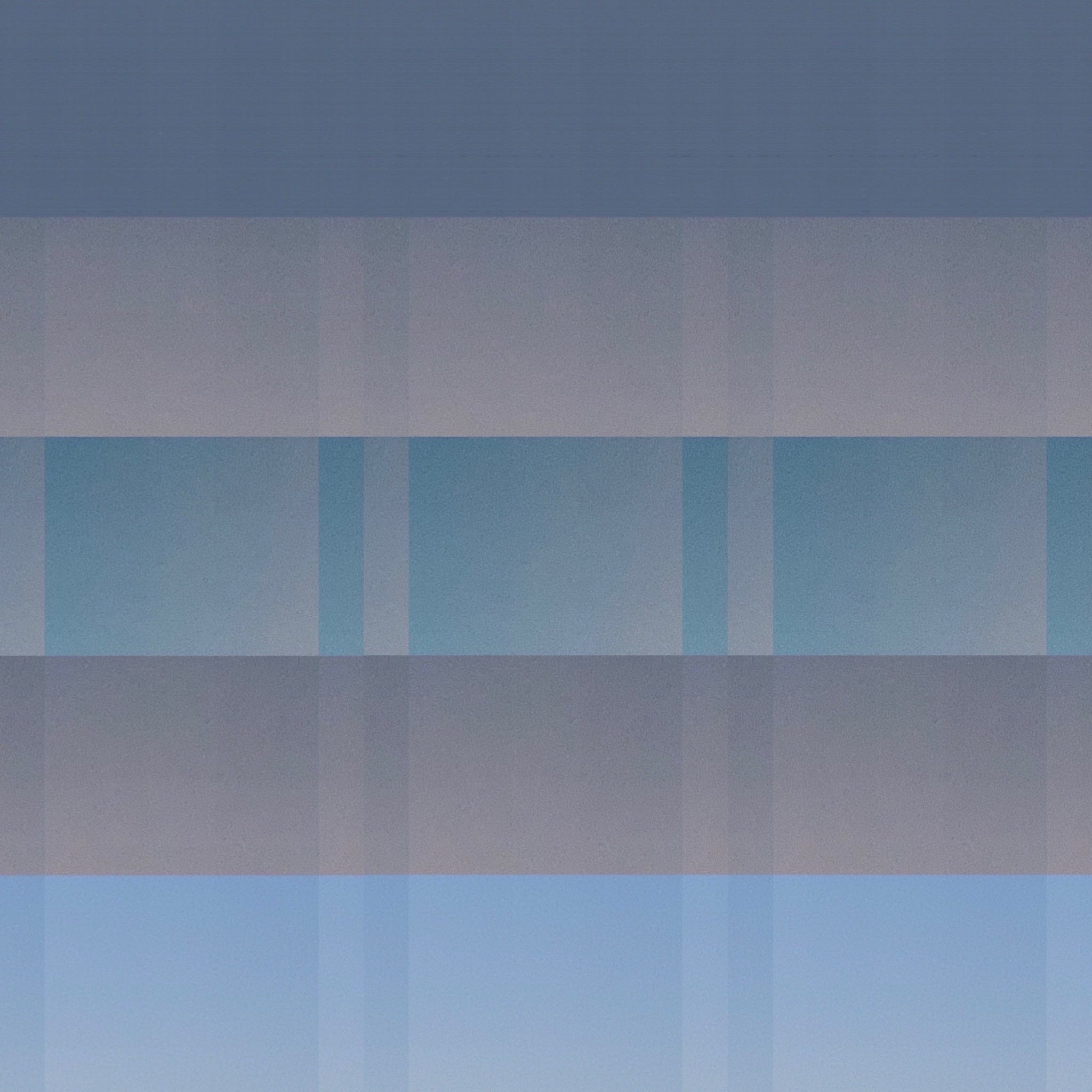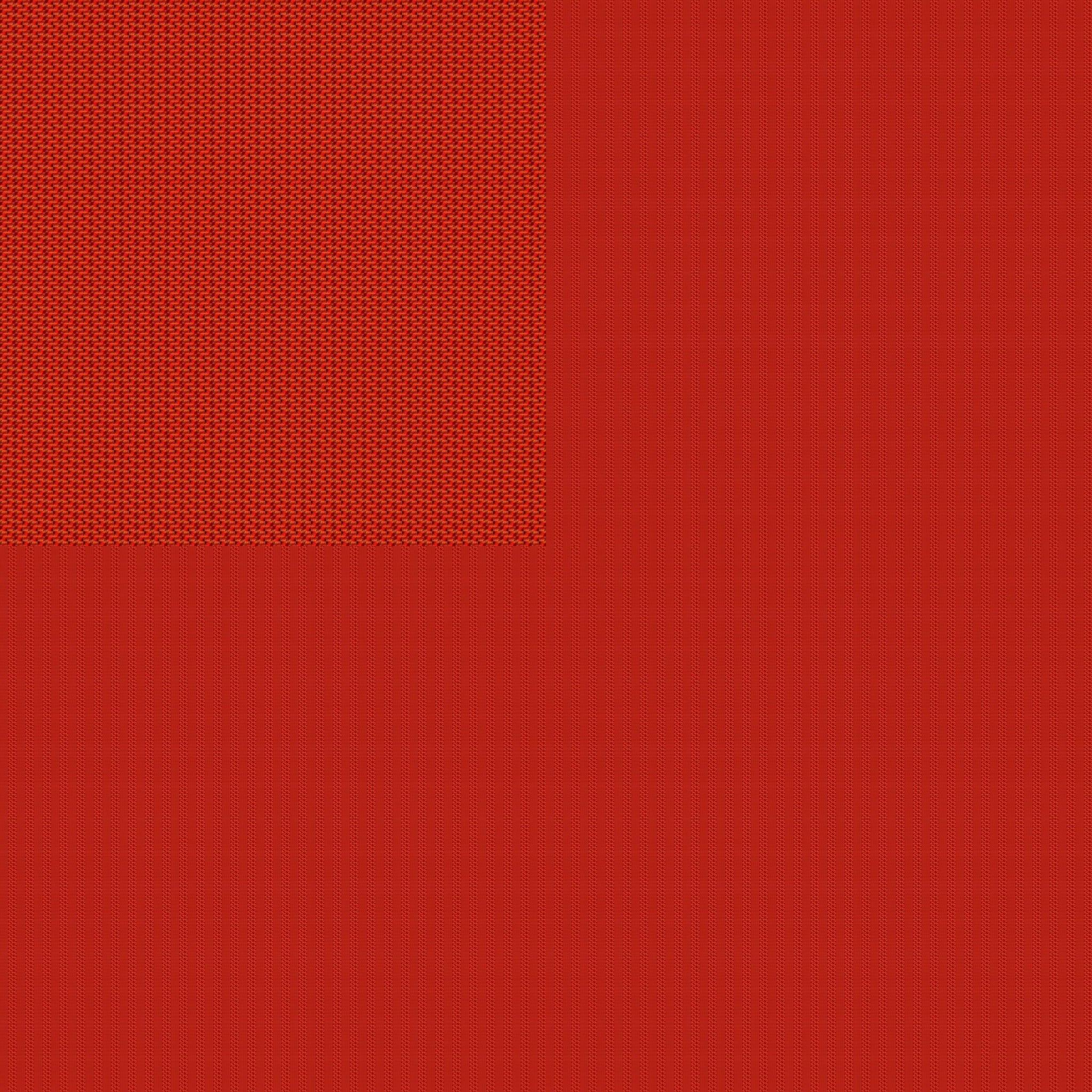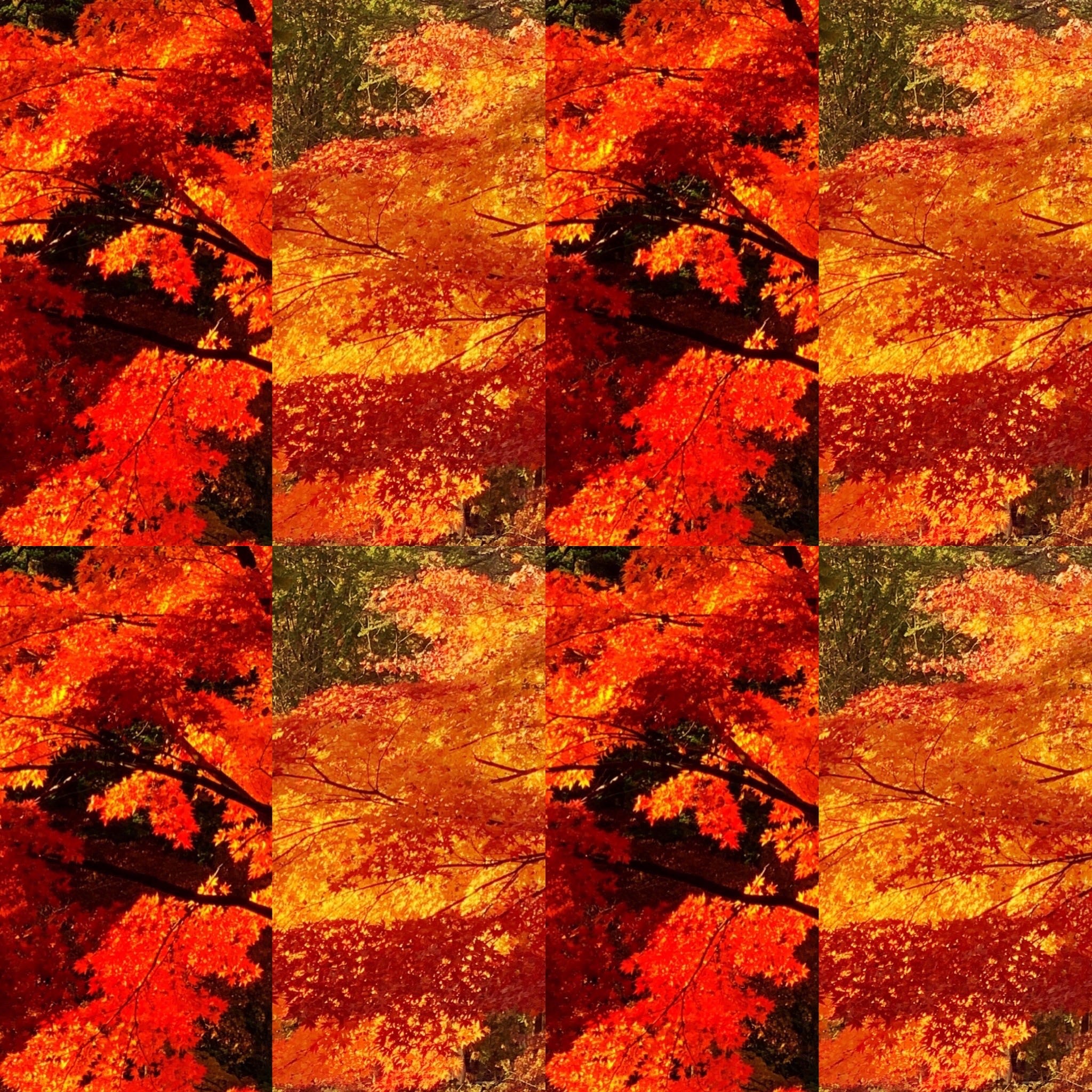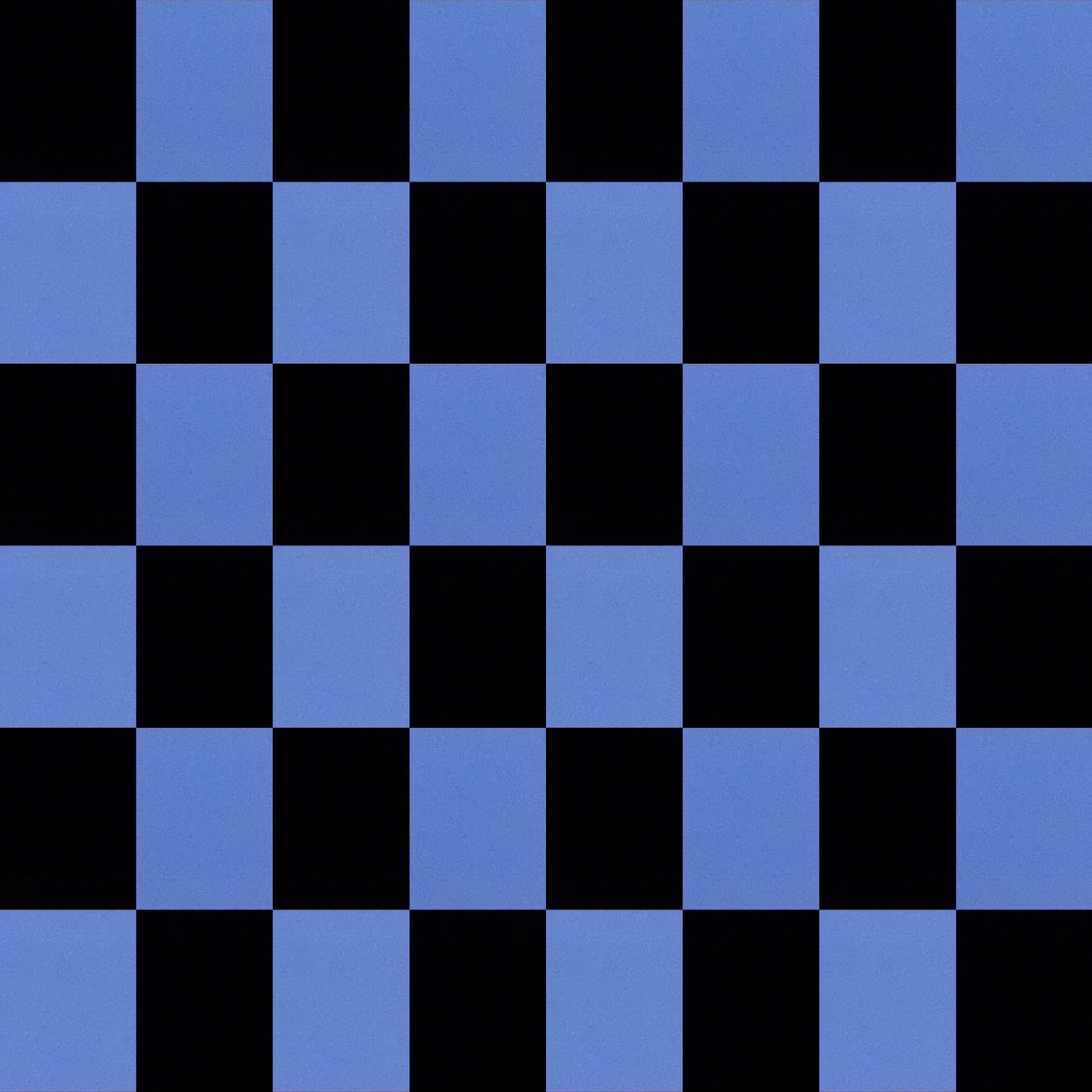
Quotes taken from ‘Putin’s war’, New York Times (16 December 2022). Leo Tolstoy, Bethink Yourselves (1904). Ken Jowitt, ‘Undemocratic Past, Unnamed Present, Undecided Future’ (1996). Ken Jowitt, ‘Setting History's Course’ (2009). Adam Curtis in The Guardian on his recent series, Russia 1985-1999: TraumaZone (2022). Fyodor Dostoevsky, Notes from Underground (1864).Subscribe now

